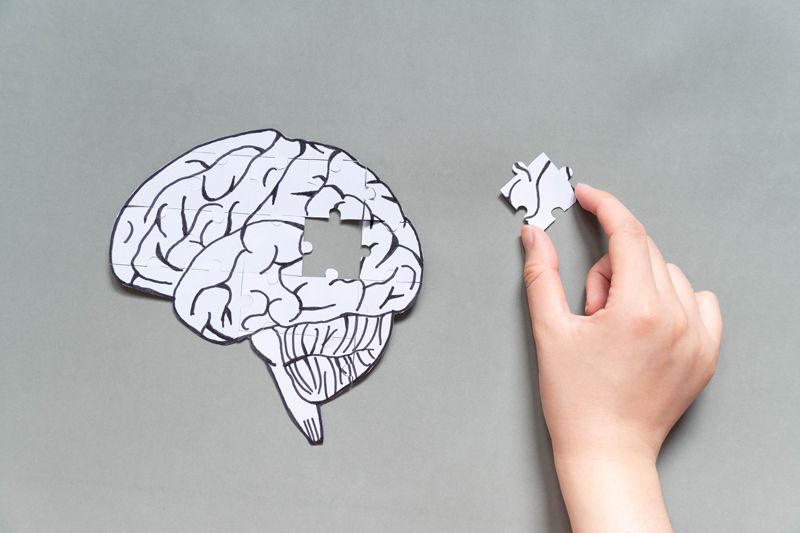Fighting Stigmas of Alzheimer’s in Ethnic Communities
Alzheimer’s disease is the second leading cause of death for Californians, but the stigma surrounding it poses a barrier to many communities accessing assistance. To address this issue, the California Department of Public Health (CDPH) is initiating Take on Alzheimer’s, a new campaign designed to mitigate stigma by educating Californians on recognizing the disease and navigating life post-diagnosis.
In a recent media briefing on March 29th, hosted by Ethnic Media Services, a panel of experts delved into the pervasive stigma surrounding the disease and how to combat taboos surrounding Alzheimer’s and related forms of dementia within diverse communities such as Latino, Black, AAPI, and LGBT+ populations.
Speakers
![]()
- Dr. Lucía Abascal, CDPH
- Dr. Dolores Gallagher Thompson, Professor Emerita, Dept. of Psychiatry & Behavioral Sciences, Stanford University School of Medicine
- Dr. María Aranda, USC Professor of Social Work and Gerontology, and Executive Director of USC Suzanne Dworak Peck School of Social Work
- Lunae Chrysanta, Manager of Training and Transformation, Openhouse SF
- Petra Niles, Alzheimer’s Los Angeles – Senior Manager, Education & Outreach, African American Community
Alzheimer’s stands as the leading cause of death among Californians aged 85 and above, particularly significant in a state with a sizable older adult population. Dr. Lucía Abascal highlighted the anticipated growth of Alzheimer’s cases as the population ages, with communities of color facing a disproportionate risk.
According to a recent report by CDPH, the number of California adults living with Alzheimer’s is projected to surge by 127% by 2040, reaching nearly 1.6 million individuals.
Dr. Abascal emphasized the importance of reducing stigma surrounding Alzheimer’s diagnosis for improved patient outcomes. The Take on Alzheimer’s campaign aims not only to raise awareness about the escalating issue but also to challenge misconceptions by collaborating with community organizations statewide.
Unique Challenges in Communities
In Chinese and Vietnamese communities, caregiving often induces significant stress, particularly among middle-aged daughters who balance caring for elderly parents and their own children. Dr. Dolores Gallagher Thompson highlighted the prevalence of depression among Asian caregivers and the need for holistic family-centered care approaches.
Within Vietnamese communities, war-associated PTSD further complicates caregiving, underscoring the importance of sharing experiences and coping mechanisms to support caregivers effectively.
Similarly, the Latino community grapples with stigma surrounding Alzheimer’s, inhibiting open discussions about memory loss. Latino families are also disadvantaged with some having limited access to the internet and accurate information. Dr. María Aranda emphasized the societal and personal fears that prevent early diagnosis and access to care among Latino families.
In the LGBT+ community, fear of discrimination impedes access to care for older adults with Alzheimer’s. Lunae Chrysanta underscored the historical trauma experienced by LGBT+ elders, especially with the rise of HIV and AIDS in the 80s. Roughly 3,500 people reported to being discriminated against because of their sexual orientation or gender identity, underscoring the need of tailored support programs to alleviate barriers to care.
Among Black Americans, stigma and misconceptions about memory loss as a natural part of aging hinder timely diagnosis and treatment. When going for checking up, about half of those reaching out have reported to being discriminated against. Petra Niles emphasized the importance of building trust between healthcare providers and the Black community to address Alzheimer’s disparities effectively.
Moving Forward
Efforts to combat stigma and increase awareness about Alzheimer’s are crucial to ensure affected individuals receive timely and appropriate care. By fostering inclusive dialogue and community engagement, initiatives like Take on Alzheimer’s strive to dismantle barriers and improve outcomes for all individuals impacted by the disease.


